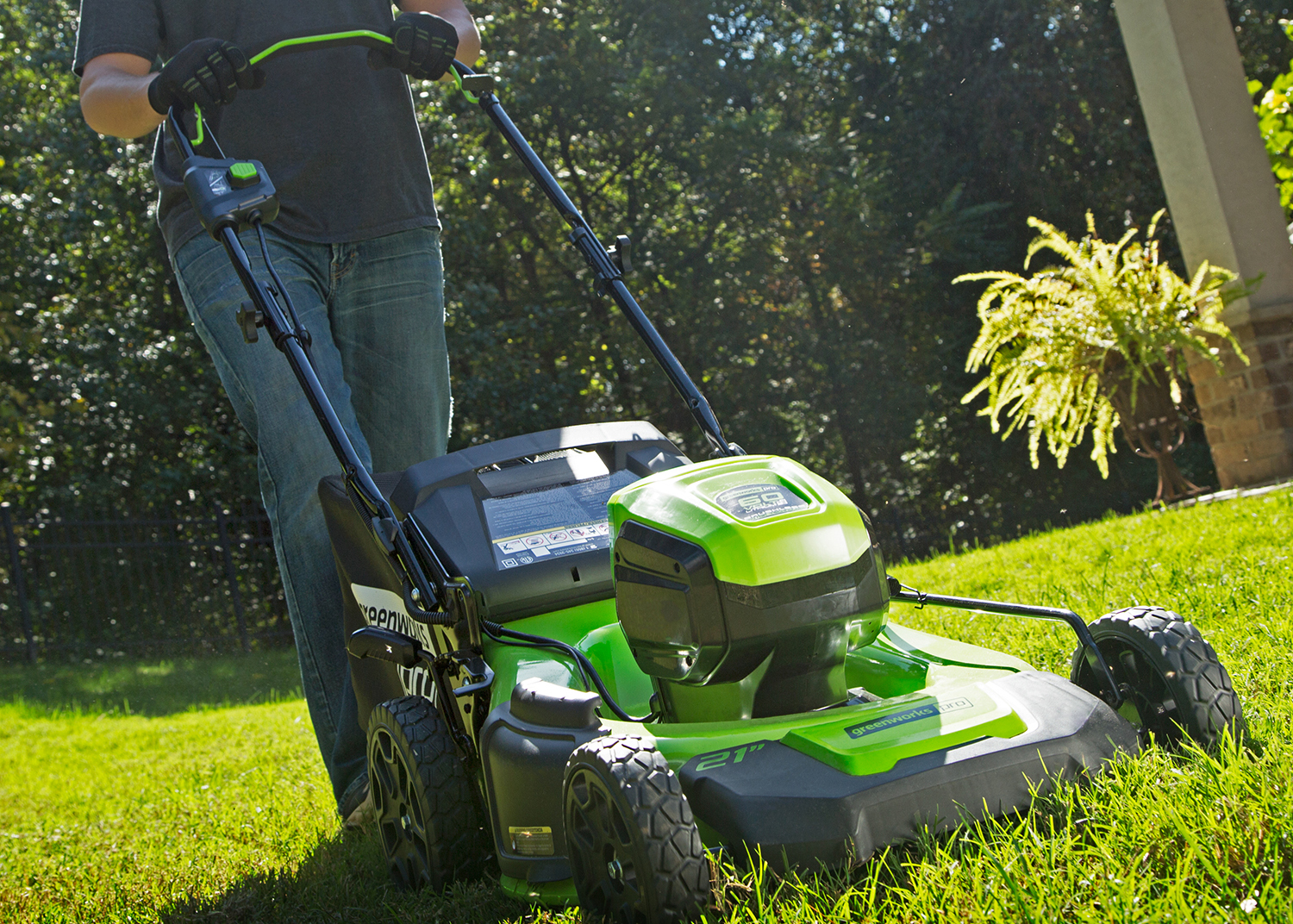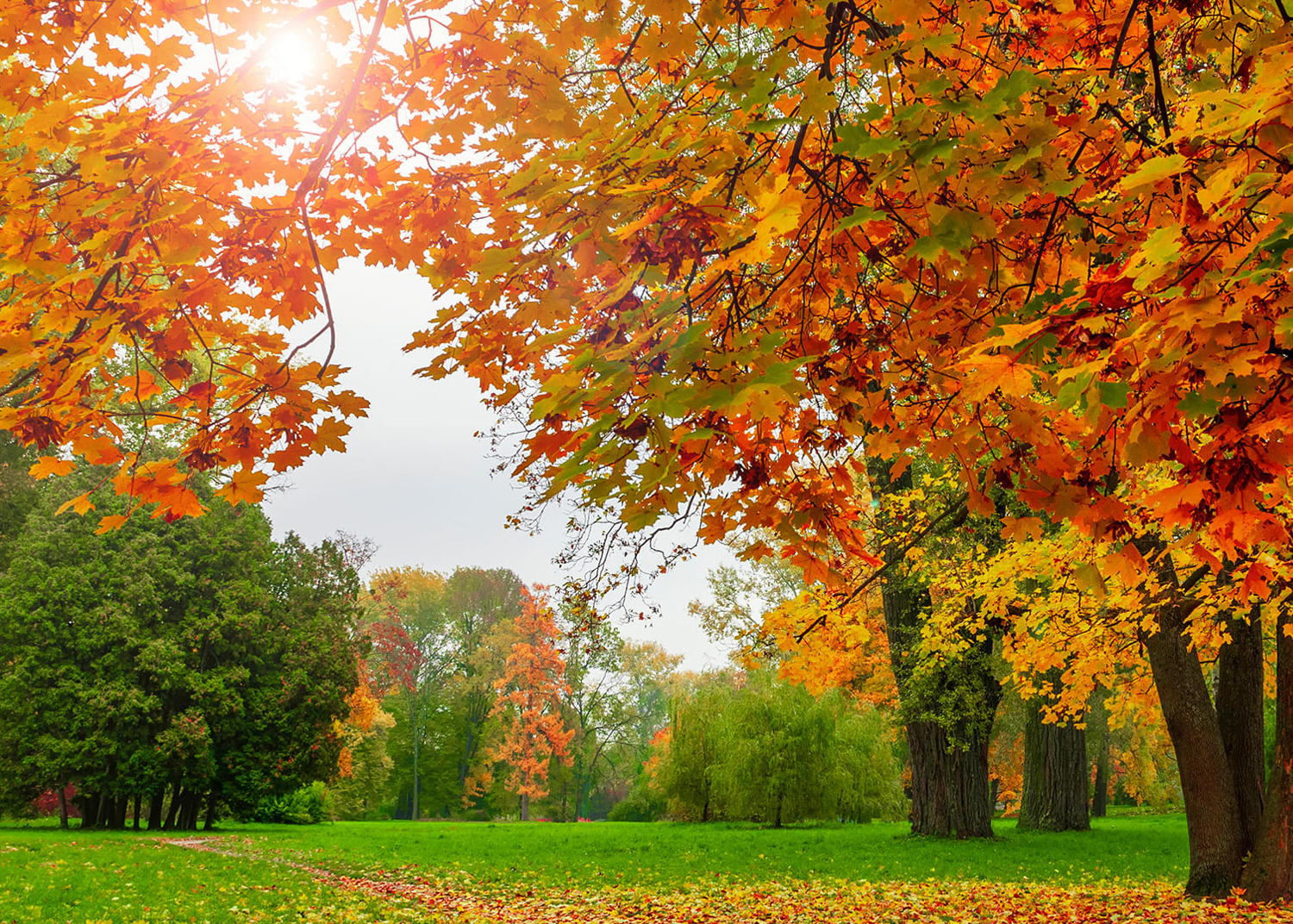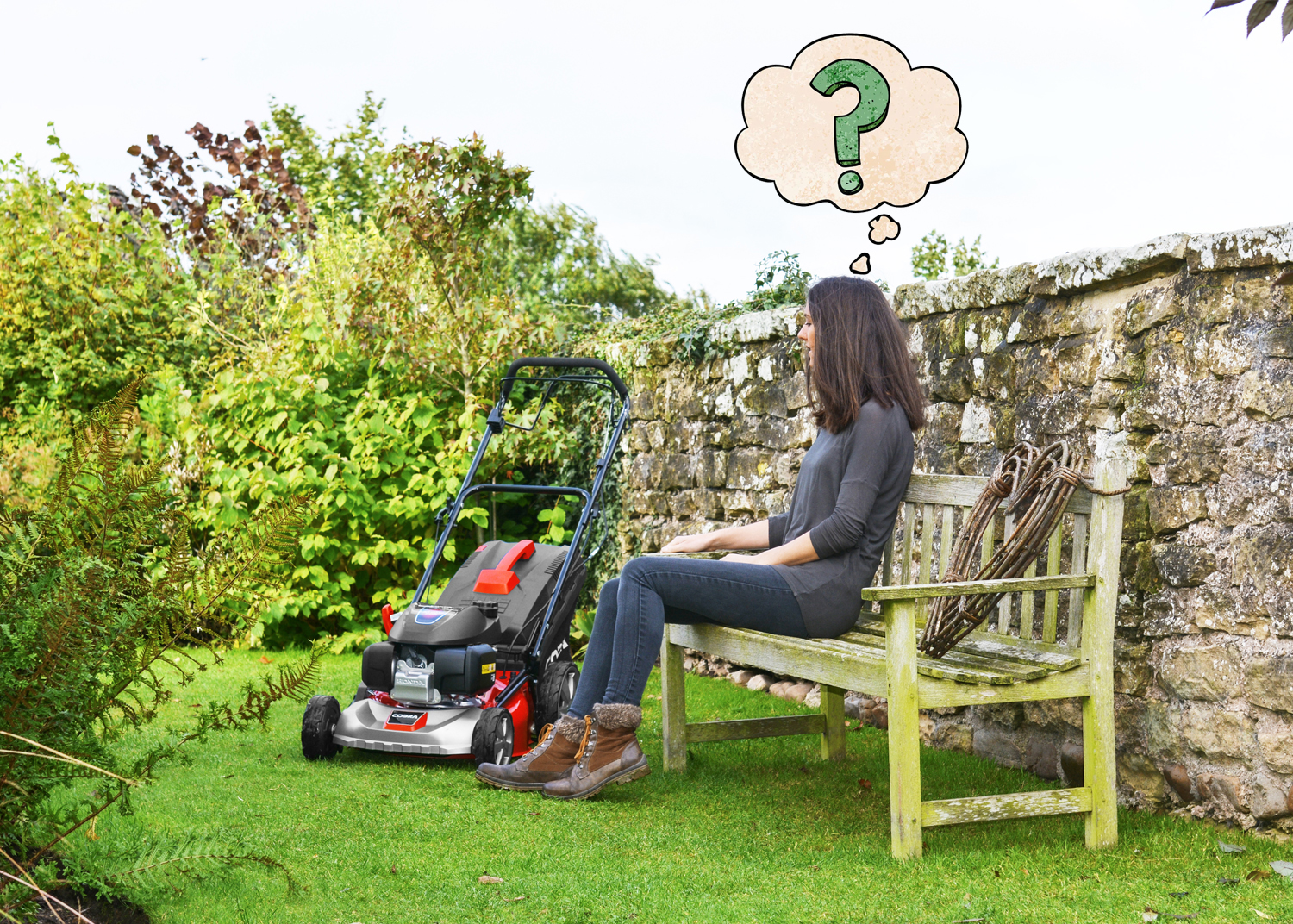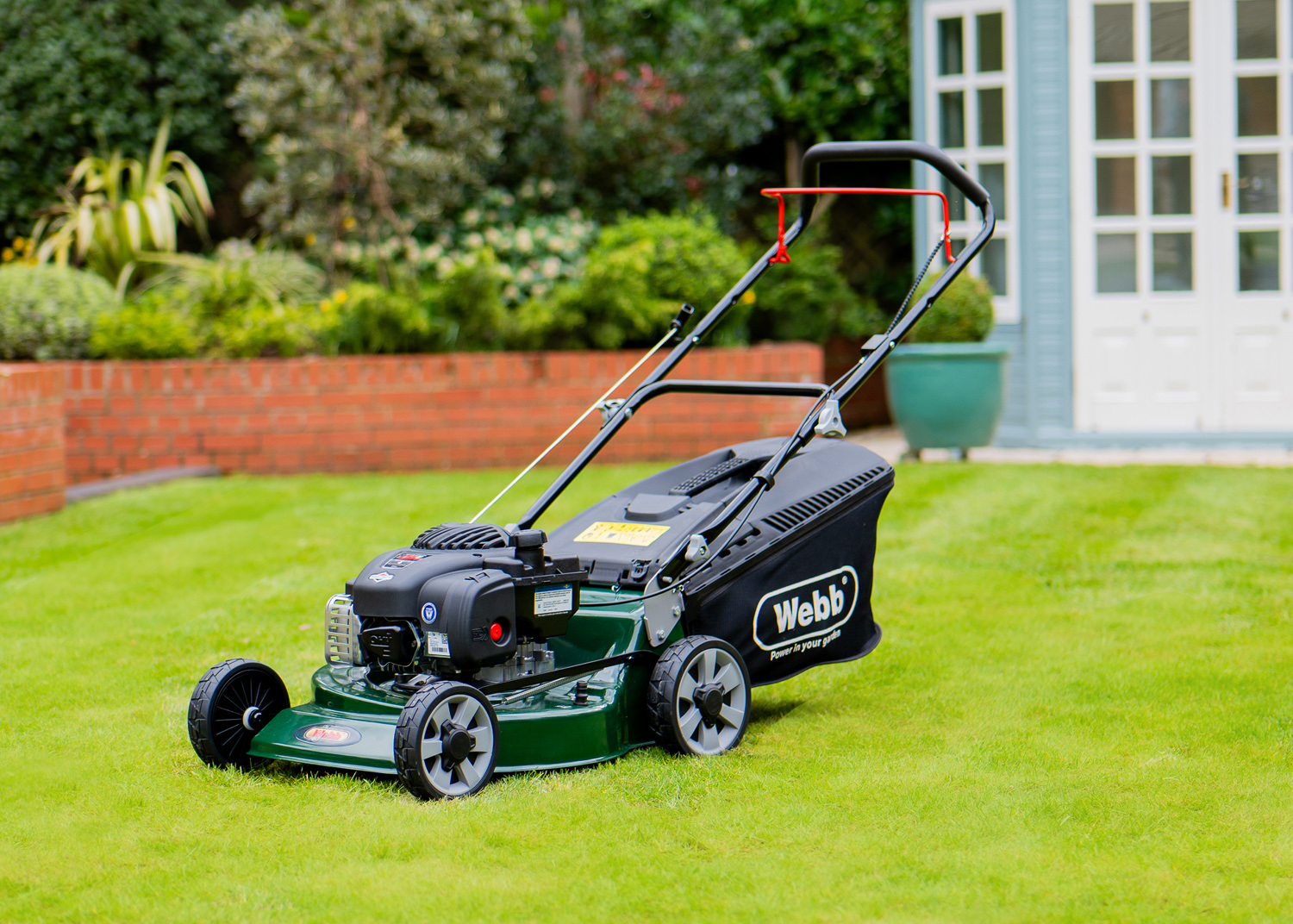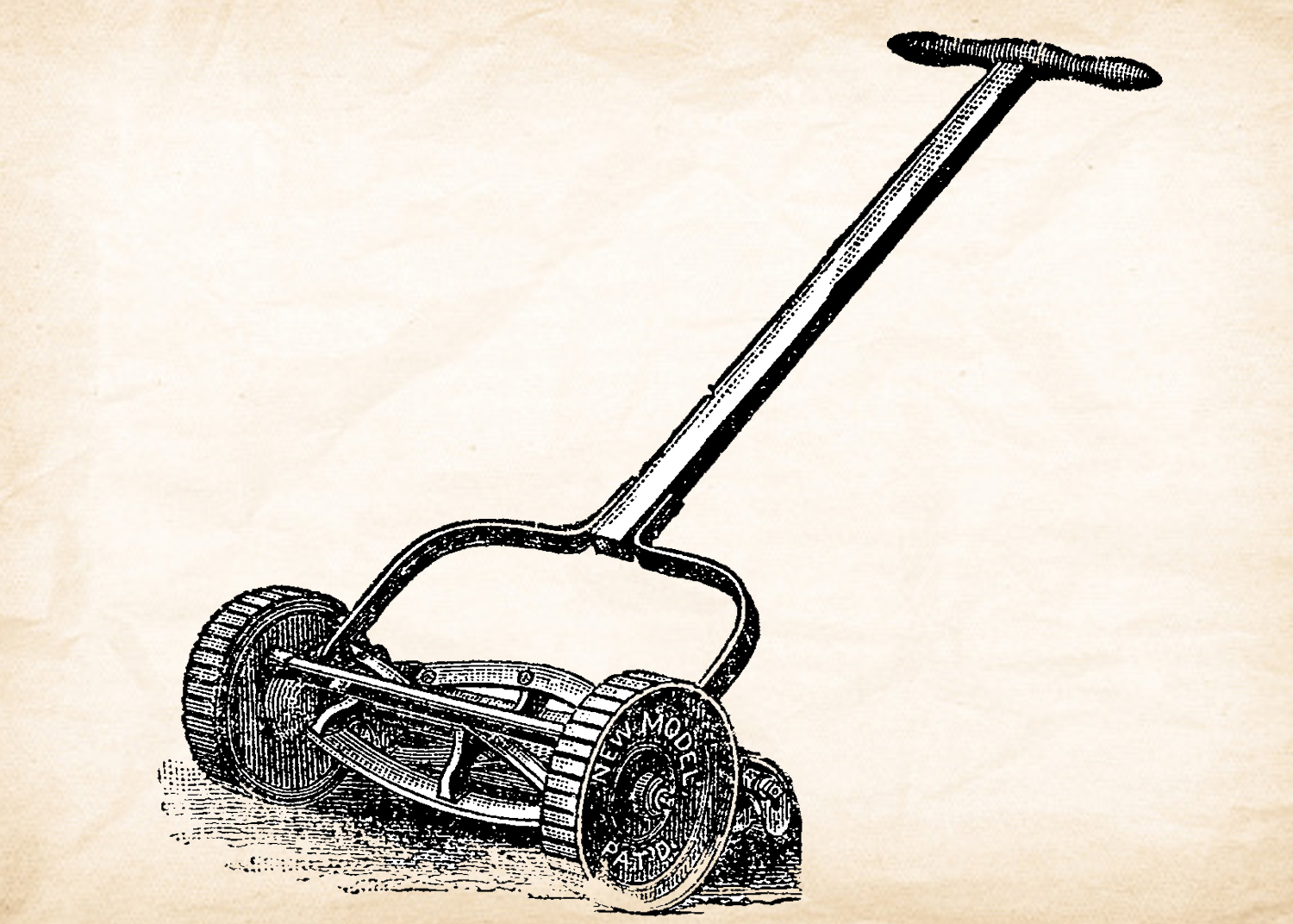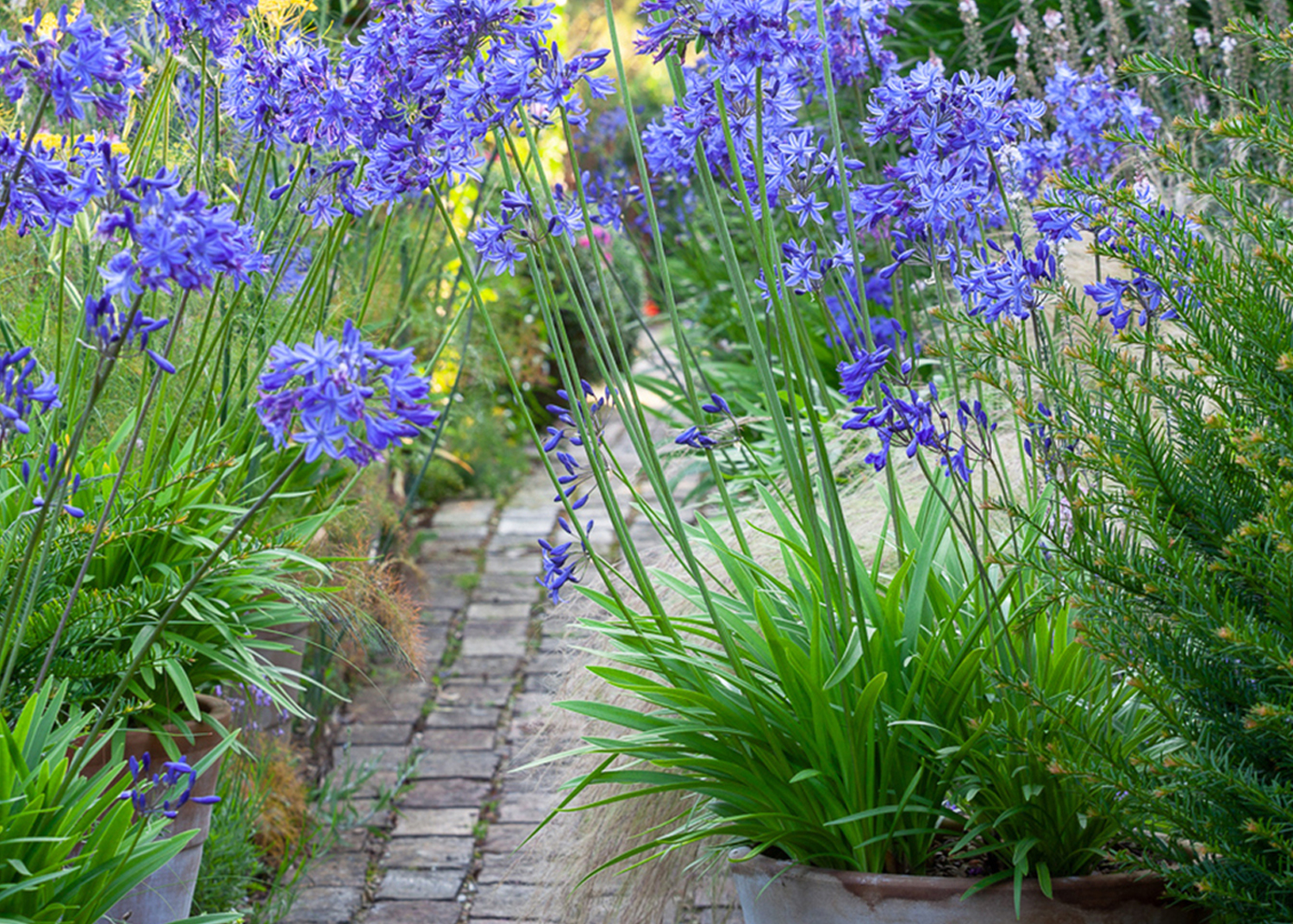Are you getting the natural high?
- By Jules MacIntyre
- 21 Feb 2021
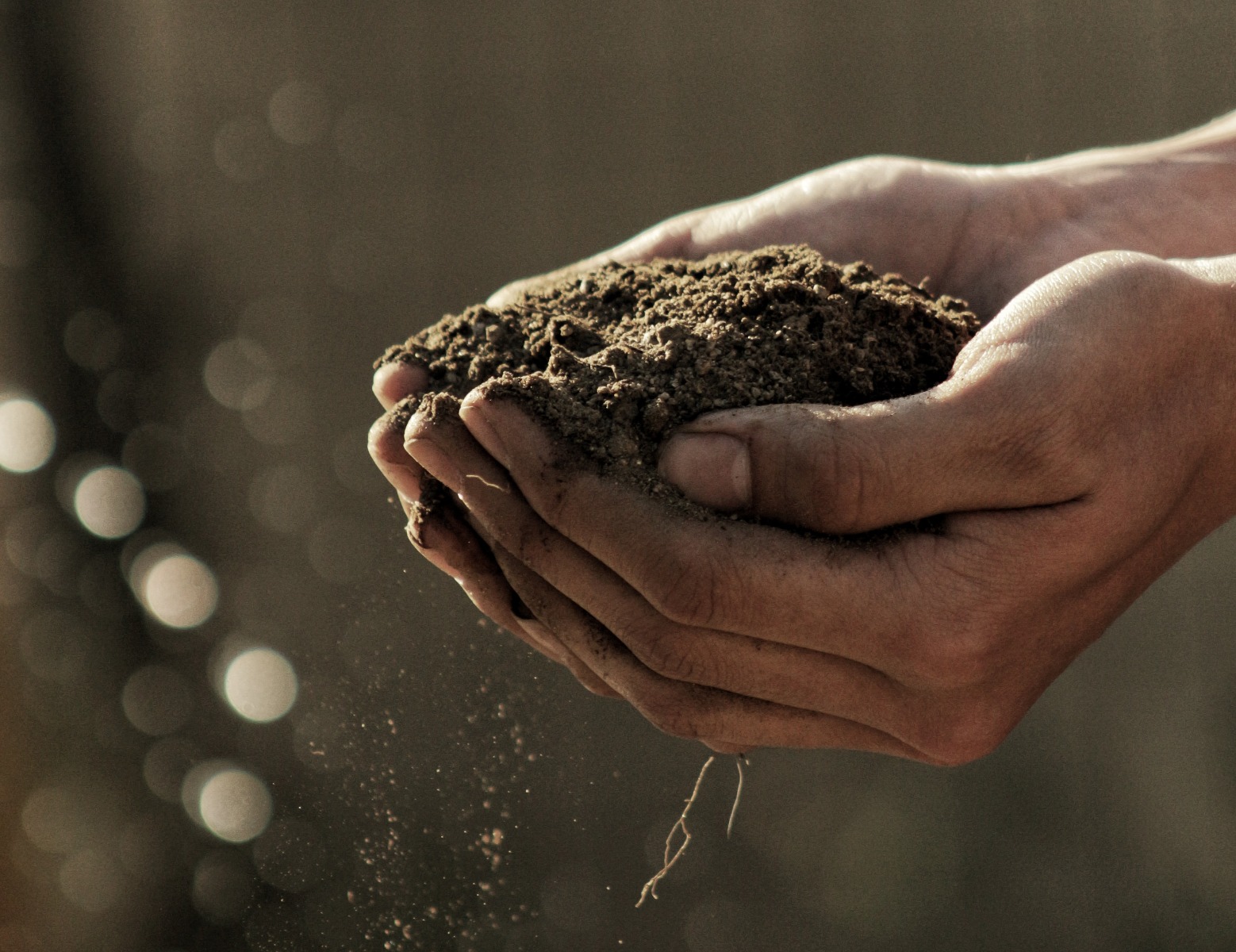
So exactly why do we get such a feel good factor from our green spaces? Besides the sheer physicality of gardening, with every activity from pruning to planting increasing our heart rate, it also releases endorphins, the feel good hormone. The ability of gardening to alleviate depression, anxiety and stress is well-documented by many, including Monty Don, who describes gardening as a ‘healing’ process that allows him to work through problems, “I’m physically engaged, using all my concentration, but in a fairly mindless way. I’m not thinking about what I’m doing, I’m just doing it”. Because gardening is about being in the present and living in the moment, it has the ability to lift us out of ourselves, raising our spirits with every snip of the secateurs or turn of the fork.
There is also no doubt that a timely benefit of gardening is how it can press the reset button on modern life. In a world that is just too fast, and where digital-living demands instant results, gardening reminds us that Mother Nature embraces patience and growth takes time. Increasingly, many of us now seek to turn the dial down on technology and enjoy a more natural pace that’s in sync with the rhythm of the seasons. In hectic lives, gardening is quiet, gentle and unhurried.
Gardening also lets us know that nature is bigger than us in a positive way. As social media puts pressure on us to curate and share ‘the perfect life’ so gardening is a reminder that despite our best efforts, we cannot be in charge of it. We all know the feeling when a carefully-pruned climber refuses to flower, or a well-tended lawn becomes full of moss, but these challenges are actually life-affirming. There is a comfort in the acceptance that we can’t possibly always be in control; we just need to do our best and then let nature run its course. Usually the rewards are delightful, but sometimes it just doesn’t matter if they are not.
The feeling of well-being from giving plants a green-fingered hand can even be life-changing. As Sue Stuart-Smith, a psychiatrist and avid gardener, explores in ‘The Well Gardened Mind’, there are many examples of how gardening rescues us, from helping with her Grandfather’s trauma post WW1, to progressive prisoner programmes that create a sense of self-esteem for the first time. For others, gardening can be a creative, sensorial and even spiritual outlet, allowing them to plan their plots, play with planting ideas and express themselves through the colour and shape of flowers, trees and bushes, almost like painting a canvas.
While being part of the cycle of birth and decay that gardening embraces is often a highly personal experience, it is equally a communal one. Organisations such as Thrive help the isolated to connect with others through gardening, while the growth in community gardening, especially in cities such as London where charity Urban Growth has over 30 green spaces, proves that the communal pull of nature unifies ages, backgrounds and culture.
Gardening really has got it all. Whether we’re working a huge patch or looking after a window box, it’s the tending of grass, shrubs and flowers that feeds our souls. The next time you're out in the garden, just stop for a moment and think how lucky we are to have this unique pastime. As the beautiful and wise gardener, Audrey Hepburn once said, “to plant a garden is to believe in tomorrow”.

